I was assisting one of our clients with a website that wasn't loading properly this past week. Could you please log in for me? " I asked, fully anticipating the outcome. Unsurprisingly, she opened a notebook filled to the brim with usernames and passwords when she opened the desk drawer.
This is hardly unusual. At least 70% of our customers are "secretly" keeping a vast collection of passwords in this way. And I can't really blame them. It's a real hassle having to remember all those passwords. But there is a better approach.
Breaking the Rules
I'm not a fan of advising people to write down their passwords. Because what is recorded will eventually become outside of your control. That's just how things operate. Not to mention the very high likelihood of totally losing the password notebook.
Because of this, I advise people to use a password manager like LastPass or 1Password. It's not always possible, though. like at the office or another location where installing software is prohibited.
There are, therefore, some situations in which you may need to deviate from this guideline and still record them. Let's take a look at some strategies for making this exercise a little safer.
How To Write Down Passwords the Right Way
Keep it with you or lock it up.
The ideal situation is having a safe or a drawer where you can lock it. If not, keep it close to you. In a wallet or purse. Find a tiny password notebook or use a folded piece of paper to keep it manageable. Always keep it under your control, no matter what.
Don't record the usernames.
Never pair your passwords with any usernames. This has major significance. If you do this and someone steals your wallet or finds your list on the sidewalk, they will have all the information necessary to access your accounts. Fortunately, since they mostly consist of your email address, the usernames ought to be simple to remember.
Never write what they are for.
You want to provide as little information as you can to anyone who discovers your password notebook. Don't record the purposes of your most crucial passwords. Keep them from being labeled as "Email" or "Bank Account," for example. If it makes it easier for you, list them in a particular order, such as your email address first, bank account second, etc.
Of course, since you may have a lot of them written down, this probably won't work for all of them. So, feel free to note their purpose for the less-important passwords. Just keep in mind that including their usernames will reveal who owns the list.
Adjust them a little
The best action you can take might be this. Create a system for modifying your passwords a little bit each time you write them down in your password notebook. Change or eliminate the third and fifth characters, for instance. Or add one character to the beginning and three to the end of each password (just make sure they’re different for each password or else the pattern is easy to spot).
In this manner, your actual password is never really recorded. With the aid of the list, you will be able to recall them with ease, leaving onlookers puzzled.

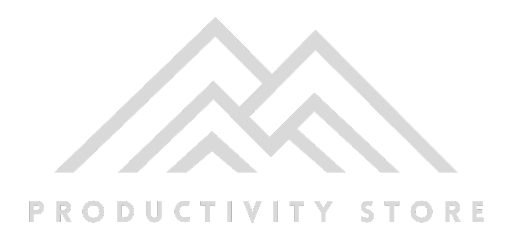

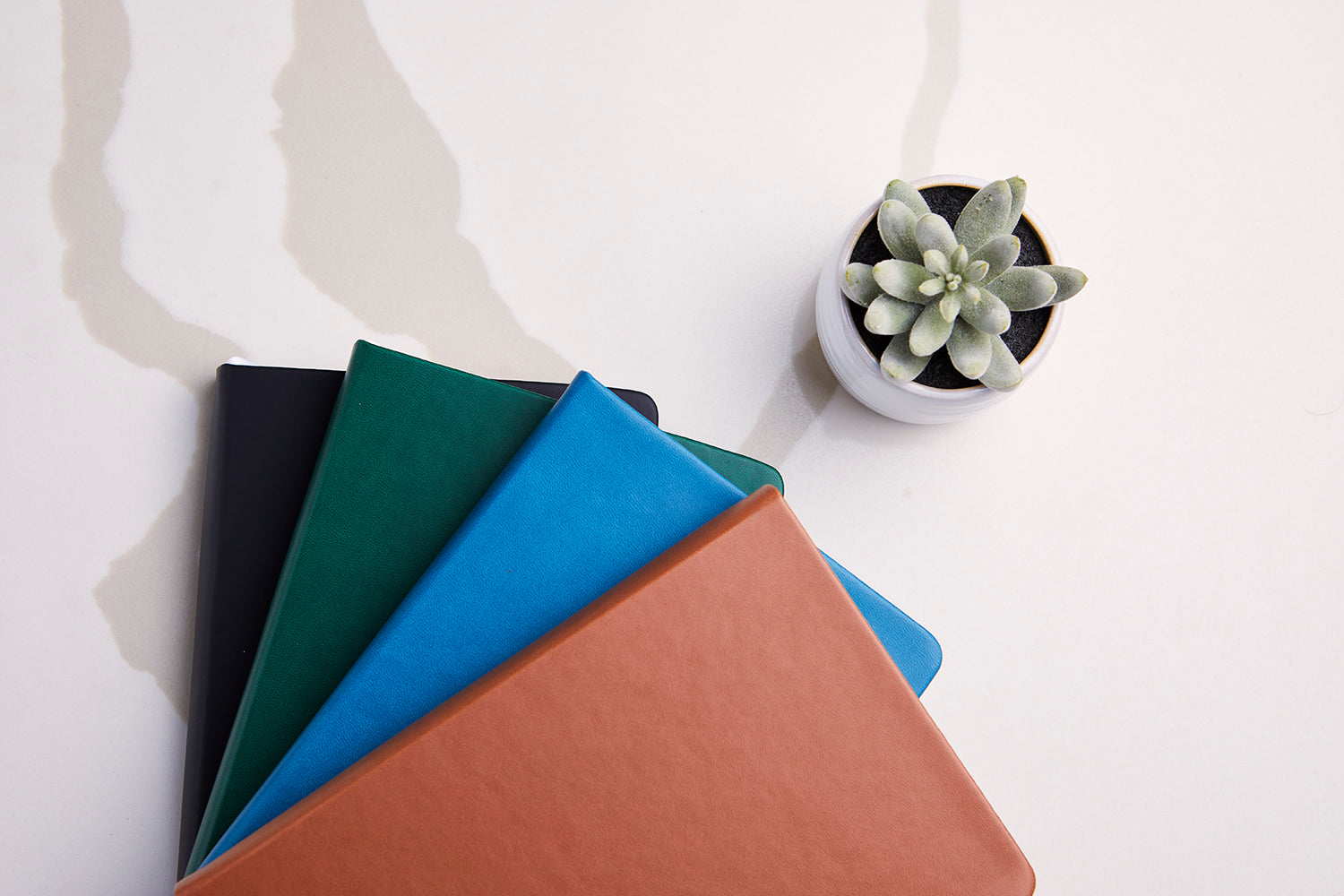

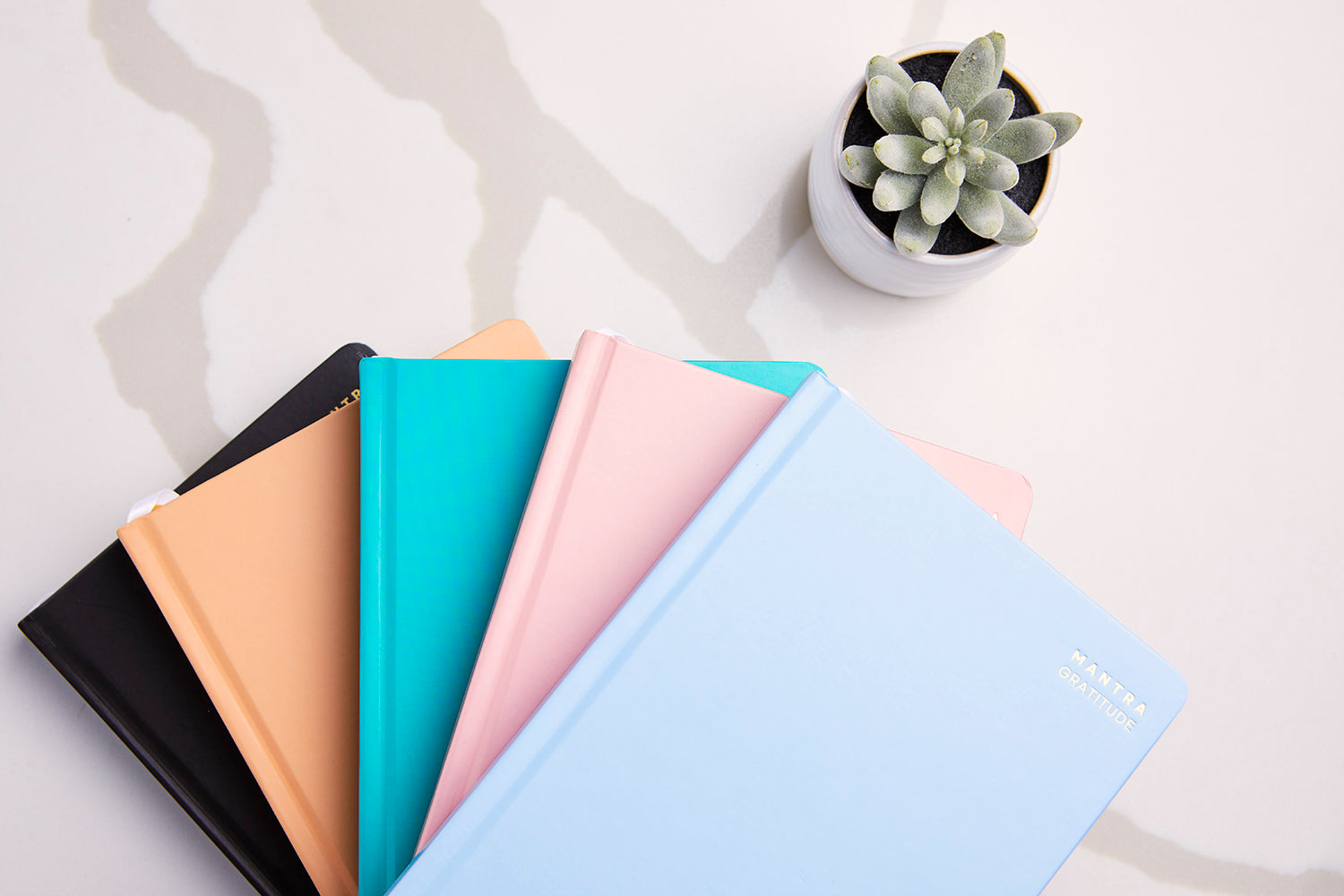

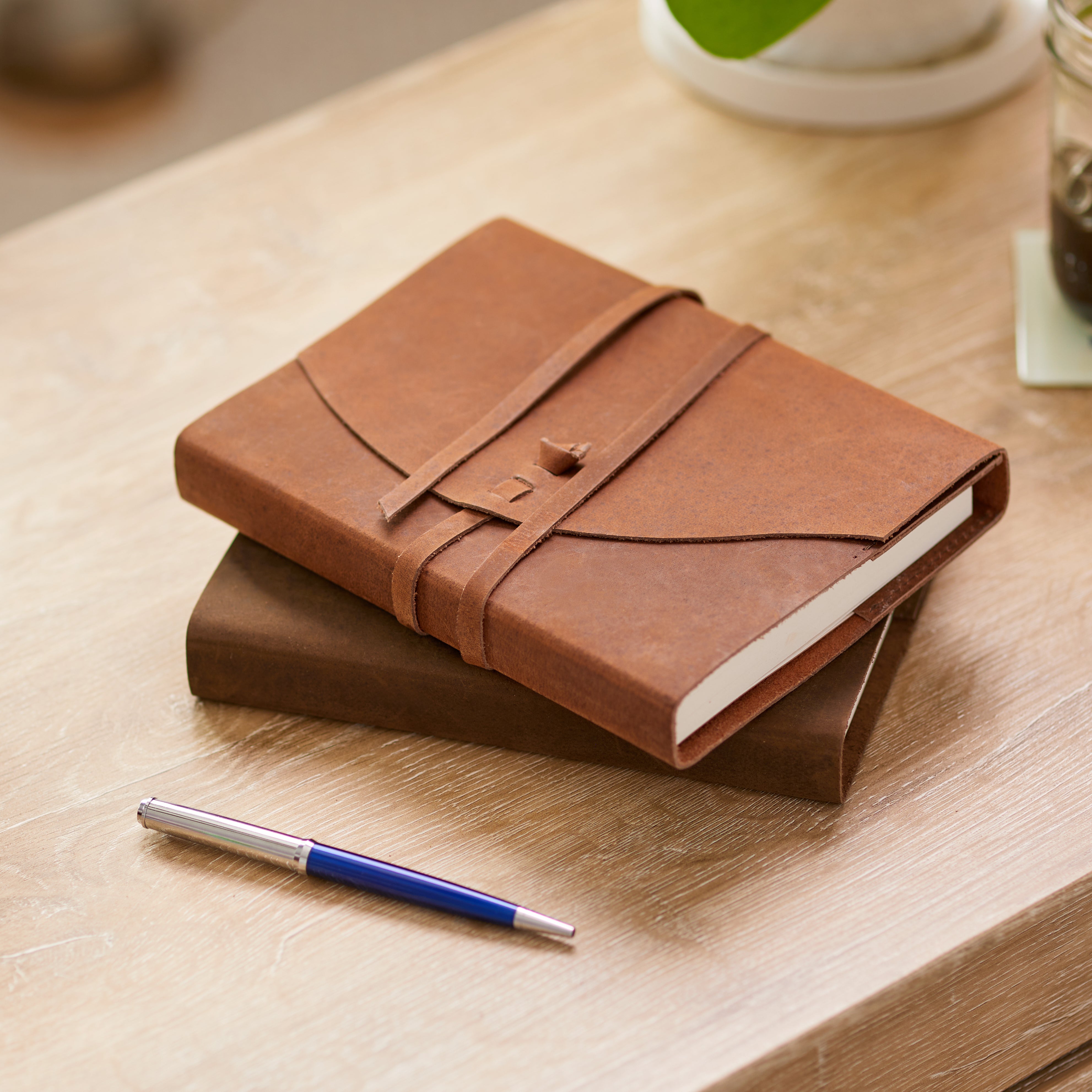
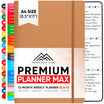
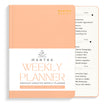
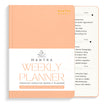
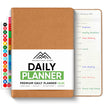
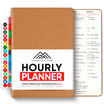

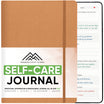
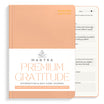
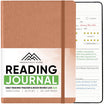
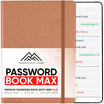
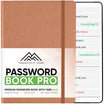
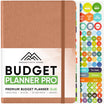


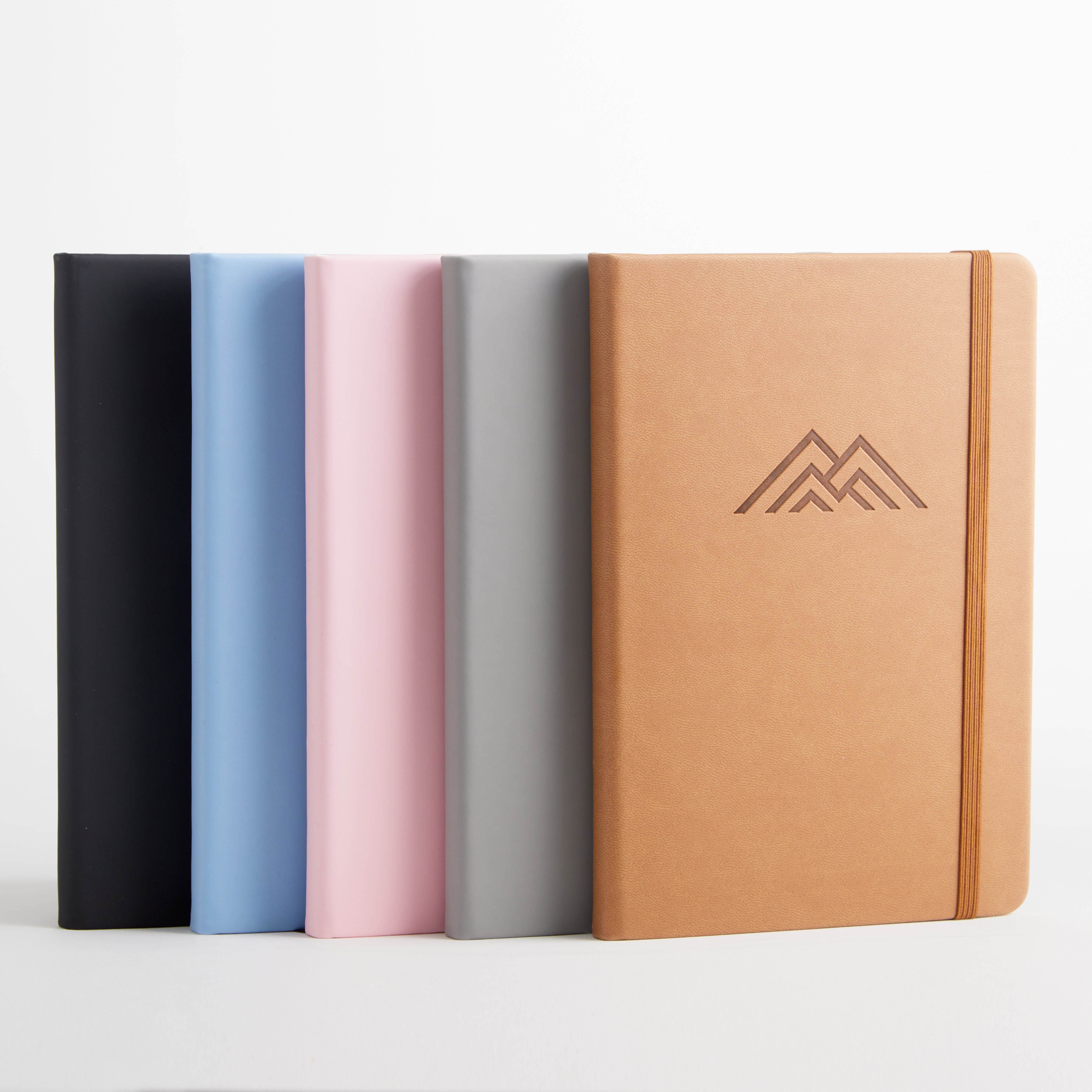
Leave a comment
All comments are moderated before being published.
This site is protected by hCaptcha and the hCaptcha Privacy Policy and Terms of Service apply.